
A daily dose of clinical news on Patient Care you may have missed.
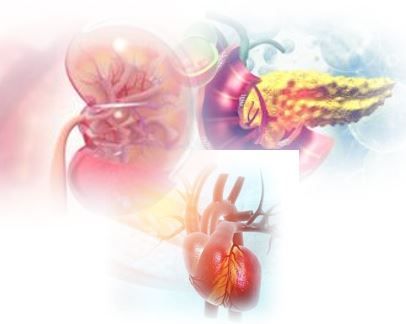
One or More Cardiac, Renal, or Metabolic Conditions Affect 25% of US Adults

A daily dose of clinical news on Patient Care you may have missed.
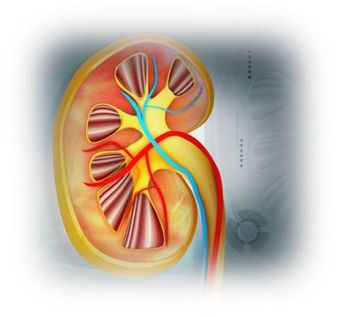
Among persons with hypertension and T2D with albuminuria, nearly two-thirds currently go undetected, a significant barrier to diagnosis and treatment of CKD.

Investigators identified 6 blood pressure patterns that, when combined with other risk factors, accurately stratified risk of hypertensive disorders of pregnancy.

KidneyIntelX.dkd, a first-in-class AI-enabled prognostic test, stratifies risk of DKD progression in 5 years and is specific for early stage disease.

Your daily dose of clinical news you may have missed.
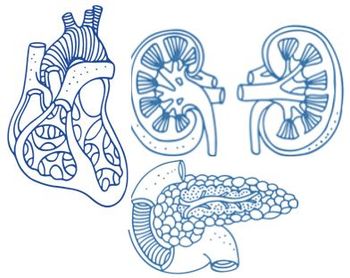
SGLT-2 inhibitors were found to consistently reduce risk of CV mortality and HF events in a meta-analysis including 90 000 high-risk patients with T2D, CKD, and/or HF.
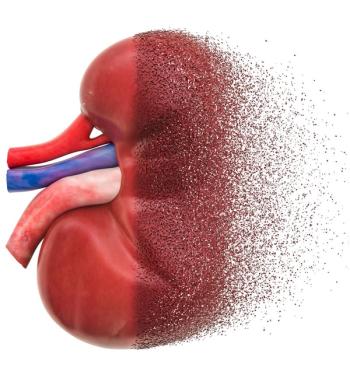
A recent American Kidney Fund survey of 300 primary care and specialty clinicians found ~15% of their patients had kidney disease of unknown origin.
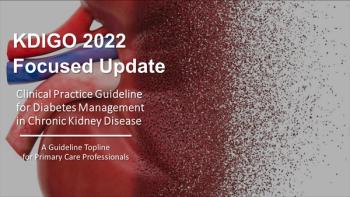
This topline look at the KDIGO 2022 updated guideline highlights new recommendations for clinical use of SGLT2i, GLP-1 RA, and nonsteroidal MRA.
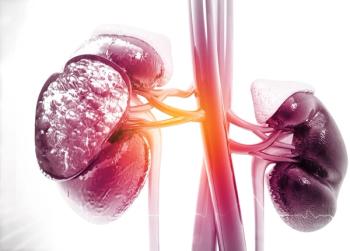
Find a compact sampling of 2022 chronic kidney disease research reviewed on Patient Care, chosen by the editorial staff.

Peer mentor programs can provide support for patients, especially when it comes to family planning and parenthood.

Empagliflozin achieved a decrease in risk of kidney disease progression of 28% vs placebo in the most diverse population of patients in an SGLT-2 inhibitor trial.

The findings underscore the importance of routine eGFR and UACR screening in primary care to ensure early detection of CKD and avoid related adverse outcomes.
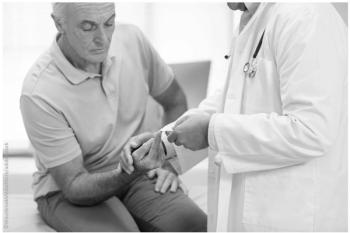
CMHC. PCPs and cardiologists appeared to perform only half of items considered necessary for care of T2D patients in a new simulated patient study.
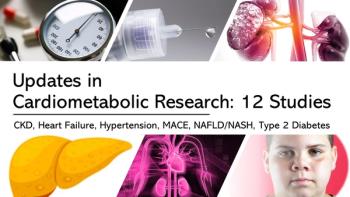
Studies of cardiometabolic disease pathophysiology, prevention, and treatment make science news every day. Find 12 here, at-a-glance.

Dr Maruthur, a primary care physician, helped develop the new ADA/EASD consensus report on T2D management and has suggestions.
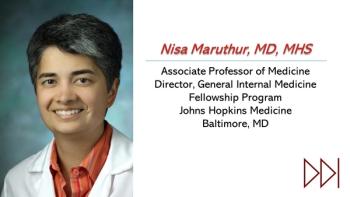
Dr Maruthur, of Johns Hopkins Medicine, talks about how the concept of "holistic" patient care continues to expand in the management of persons with T2D.

The new consensus recommends holistic, person centered care focused on glycemic and weight management, CV risk reduction, and cardiorenal organ protection.
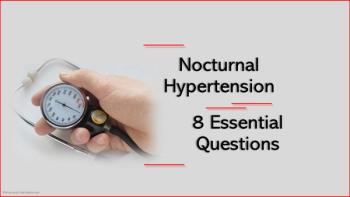
Nocturnal HTN is a risk factor for cardiovascular disease and stroke. How do you diagnose and treat in your practice? Test your overnight BP IQ.
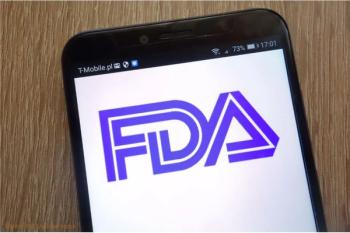
Data from the pivotal phase 3 FIGARO-DKD cardiovascular outcomes trial with finerenone reaffirms the agent's dual cardiorenal risk reduction benefits in T2D-associated CKD.
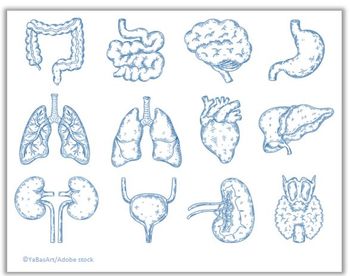
Analysis of 224 000 type 2 diabetes patients over 2 decades suggests the need for "revised care pathways" that better reflect the myriad causes of persistent morbidity.

In a study of nearly 100 adults with CKD stages G3b-4 and medical comorbidity, a 12-month exercise program was found safe and improved physical functioning.
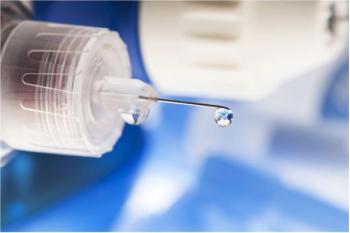
The GLP-1 RA given once weekly to T2D patients with hyperglycemia not controlled by diet and exercise lowered HbA1c to ≤6.5% in approximately half the study population.

Chronic kidney disease is underdiagnosed and undertreated across major Western countries, according to findings of the new CaReMe CKD study.
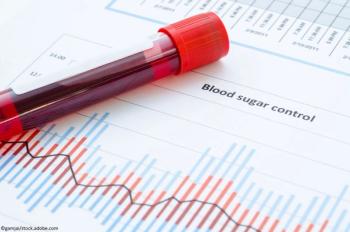
Medicare Advantage plans may cut treatment corners to avoid more costly but more effective and targeted therapy for diabetes patients.
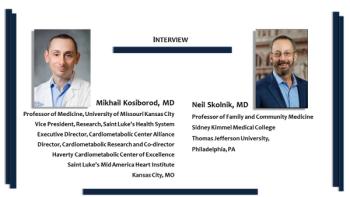
Drs Mikhail Kosiborod and Neil Skolnik discuss this unique moment in the history of T2D management that offers treatments to address its broad cardiometabolic impact.